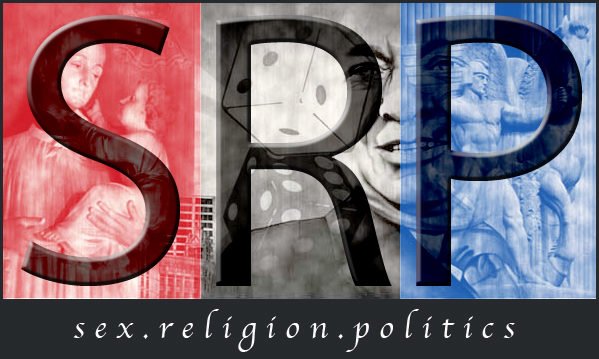FactCheck.org
Remember the days when we accepted what our leaders told us as being at least mostly true or well-intentioned? No more! Now we have fact checkers, right and left, up and down. And FactCheck.org is one of the Big Four (the others being listed elsewhere on this page).
FactCheck.org is a nonpartisan, nonprofit “consumer advocate” for voters, combatting deception and confusion in U.S. politics. Monitoring the accuracy of statements offered by U.S. political players in TV ads, debates, speeches, interviews, and news releases. Applying the best practices of journalism and scholarship; increasing public knowledge and understanding.
Vote Smart
Wanna learn everything there is to know about people running for office? This is your one-stop shop for the nitty-gritty on candidates, national and local. Voting Records, Biographical and Contact Info, Issue Positions, Interest Group Ratings, Public Statements, and a behind-the-scenes look at their Campaign Finances.
Truthdig
Founded in 2005. Dedicated to reporting on current issues that are insufficiently covered by mainstream media. The website’s mission is to dig beneath the headlines, provide expert reporting and commentary from a progressive point of view, and offer an outlet for original work by exceptional journalists.
Council on Foreign Relations
An independent, nonpartisan membership organization, think tank, and publisher. Providing research and analysis for its members, government officials, business executives, journalists, educators and students, civic and religious leaders, and other interested citizens. Helping them better understand the world and the foreign policy choices facing the United States and other countries.
Politifact
Our favorite of the fact-checking sites; primarily because they boldly call out our leaders for willful, premeditated lies. A Pulitzer Prize-winning branch of the Tampa Bay Times. Rates the accuracy of claims on its Truth-O-Meter: “True;” “Mostly True;” “Half True;” “Mostly False;” “False;” or, “Pants on Fire.”
Fact Checker
The Washington Post’s Fact Checker blog is run by journalist Glenn Kessler. The site assesses claims made by politicians or political advocacy groups and gives out Pinocchios based on its level of accuracy.
Sunlight Foundation
A national, nonpartisan, nonprofit organization that uses technology, open data, policy analysis and journalism to make our government and politics more accountable and transparent to all.
Snopes
The grand-daddy of fact-checking websites! The go-to destination for debunking strange internet rumors. California couple Barbara and David Mikkelson founded the site in 1995 to uncover urban legends, rumors, and other questionable bits of folklore that had begun cropping up in chain emails and message boards.
HeyJackass!
A satirical look at “Chicago Values.” THE BEST compendium of Chicago’s violent crime statistics! If you wanna know exactly where people are being shot, stabbed, raped, robbed, mugged, and burglarized . . . it’s all here.
BTW, almost half of these events are happening in two areas. So, why doesn’t anybody put a stop to this? This website doesn’t answer the why; only the what. The why is for you and me to figure out.
Indivisible
This movement started right after the 2016 election, with the online publication of a 23-page handbook, Indivisible: A Practical Guide for Resisting the Trump Agenda. The authors of the document, most notably Ezra Levin, Jeremy Haile, Leah Greenberg, and Angel Padilla, were former congressional staffers who modeled their organization after the Tea Party movement, which focused on local activism and obstructing the Democratic Party’s agenda following the election of President Barack Obama in 2008. They thought that similar action taken by the left could be effective against what they perceived as Trump’s “bigoted and anti-democratic agenda.” The purpose of the guide was to encourage resistance to Trump’s presidency, most notably by targeting Republican elected members of Congress by attending town halls, calling congressional officials, visiting their offices, and showing up at public events.
Guess what . . . it’s working!
[the_ad id=”8115″]











